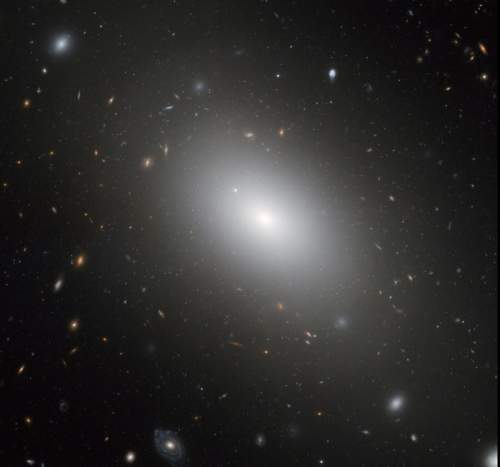
Biology, 10.02.2021 01:00, erinmarie19
Human babies have a gene that produces an enzyme that breaks down the sugar found in milk. Over time, this gene is shut off in most adult humans. A mutation in this gene allows some adults to continue to drink milk without discomfort. Why would this mutation have allowed early humans to survive?
A- it provided milk free from bacteria
B- it provided vitamins that could only be produced in milk
C- it provided more cattle that could be raised by early humans.
D- it provided an alternative source of nourishment for early humans.

Answers: 2
Other questions on the subject: Biology

Biology, 21.06.2019 23:30, brittanysanders
Melting glaciers is a serious threat to the environment what is the possible consequence of melting glaciers on polar bears?
Answers: 2



Biology, 22.06.2019 07:00, kprincess16r
Give three examples of plant activities that are affected by circadian rhythms and natural fluctuations in the length of daylight?
Answers: 1
Do you know the correct answer?
Human babies have a gene that produces an enzyme that breaks down the sugar found in milk. Over time...
Questions in other subjects:




History, 18.10.2020 01:01

Mathematics, 18.10.2020 01:01


Computers and Technology, 18.10.2020 01:01


English, 18.10.2020 01:01

English, 18.10.2020 01:01







